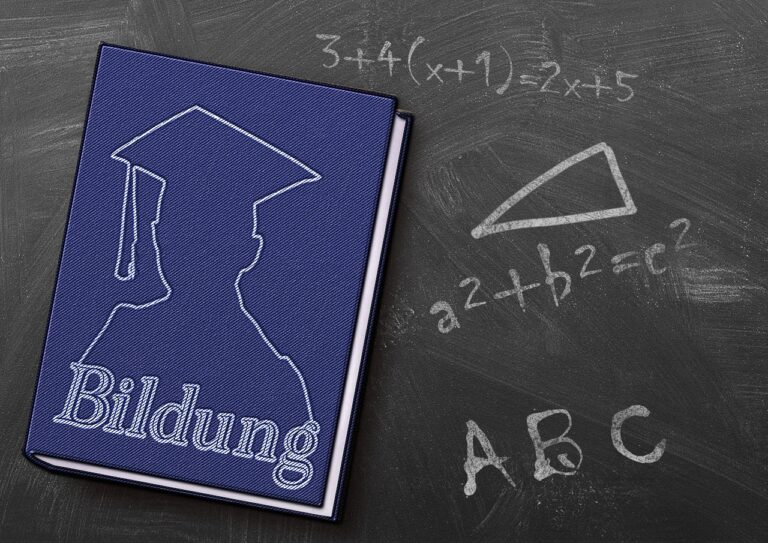Addressing Behavioral Challenges in Special Education
In the realm of special education, educators often encounter a variety of behavioral challenges that require a tailored approach to address. One common issue that arises is noncompliance, where students may struggle to follow directions or adhere to classroom rules. This can stem from a range of factors such as difficulty processing information, communication barriers, or a lack of understanding of expectations.
Another prevalent challenge is disruptive behavior, which can include outbursts, aggression, or defiance towards authority figures. These behaviors can disrupt the learning environment for the student and their peers, making it essential to identify the underlying causes to effectively intervene. By recognizing these common behavioral challenges, educators can begin to develop strategies and interventions that support the unique needs of each student in special education settings.
• Noncompliance is a common issue in special education, where students struggle to follow directions or adhere to classroom rules.
• Factors contributing to noncompliance can include difficulty processing information, communication barriers, or a lack of understanding of expectations.
• Disruptive behavior, such as outbursts, aggression, or defiance towards authority figures, is another prevalent challenge in special education.
• Identifying the underlying causes of disruptive behavior is essential to effectively intervene and create a positive learning environment for all students.
• By recognizing these common behavioral challenges, educators can develop tailored strategies and interventions that support the unique needs of each student in special education settings.
Understanding the Root Causes of Behavioral Issues
When addressing behavioral issues in special education, it is crucial to delve deep into the root causes behind the observable behaviors. These behaviors serve as communication tools for individuals with special needs, indicating unmet needs or challenges they are facing. By understanding the underlying causes of these behaviors, educators and support staff can tailor interventions that target the specific needs of the individual, fostering a positive and supportive learning environment.
Factors such as communication difficulties, sensory sensitivities, academic frustrations, and social challenges can all contribute to behavioral issues in individuals with special needs. It is essential to consider the unique characteristics and experiences of each individual when identifying the root causes of their behaviors. By taking a holistic approach to understanding these behavioral challenges, educators can develop strategies that address the underlying causes and promote positive behavior outcomes in students with special needs.
Implementing Positive Behavior Support Plans
Positive Behavior Support Plans (PBSP) are essential tools in the special education realm to address and manage challenging behaviors exhibited by students. These plans are personalized to individuals and focus on preventing problematic behaviors by reinforcing positive alternatives. By identifying triggers and underlying causes of the behavior, educators and caregivers can tailor strategies to meet the specific needs of the student.
Implementing PBSP involves collaboration among educators, parents, and other professionals working closely with the student. This cooperative effort ensures that consistent strategies are applied across different environments to promote a unified approach in addressing behavioral challenges. Regular monitoring and adjustments to the plan are also crucial to evaluate the effectiveness of interventions and make necessary modifications for continued progress.
What is Positive Behavior Support?
Positive Behavior Support (PBS) is a proactive approach to behavior management that focuses on understanding the reasons behind challenging behaviors and developing strategies to address them effectively.
How can I identify common behavioral challenges in special education?
Common behavioral challenges in special education can include aggression, noncompliance, self-injury, and disruptive behaviors. It is important to carefully observe and document the behaviors to identify patterns and triggers.
Why is it important to understand the root causes of behavioral issues?
Understanding the root causes of behavioral issues is crucial for developing effective intervention strategies. By pinpointing the underlying reasons for the behaviors, educators can tailor support plans to address the specific needs of the individual.
How can I implement a Positive Behavior Support plan?
Implementing a Positive Behavior Support plan involves creating a comprehensive strategy that includes clear goals, behavioral interventions, reinforcement strategies, and ongoing monitoring and evaluation. Collaboration with school staff, parents, and other professionals is also essential for success.







